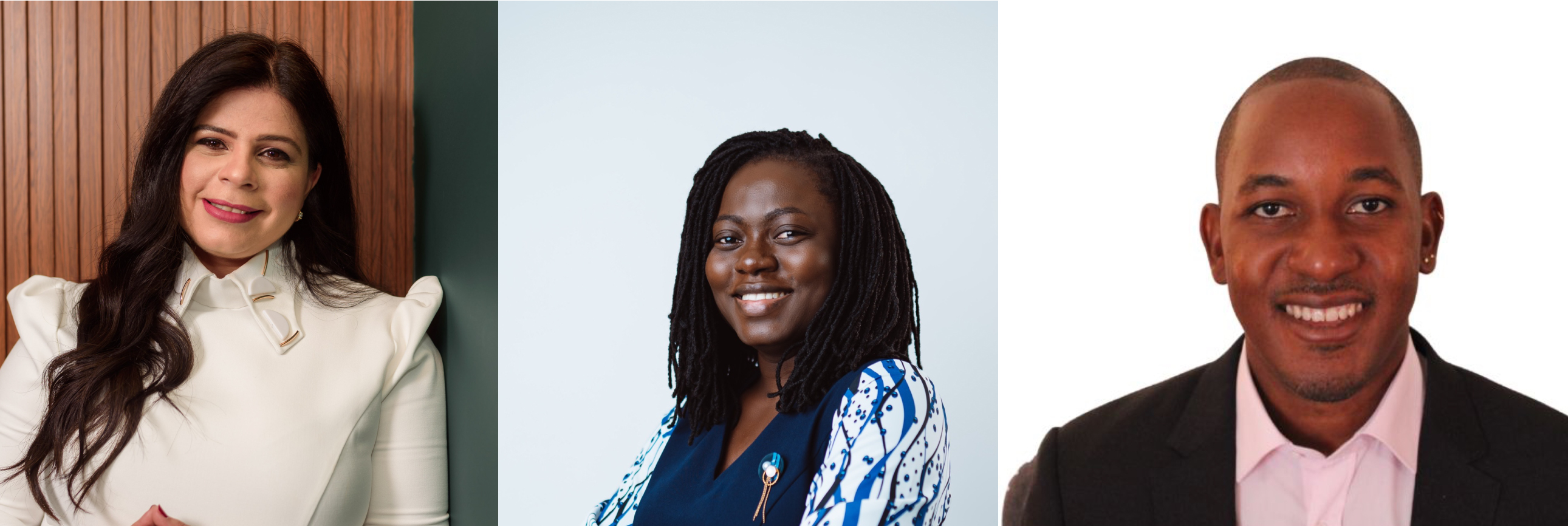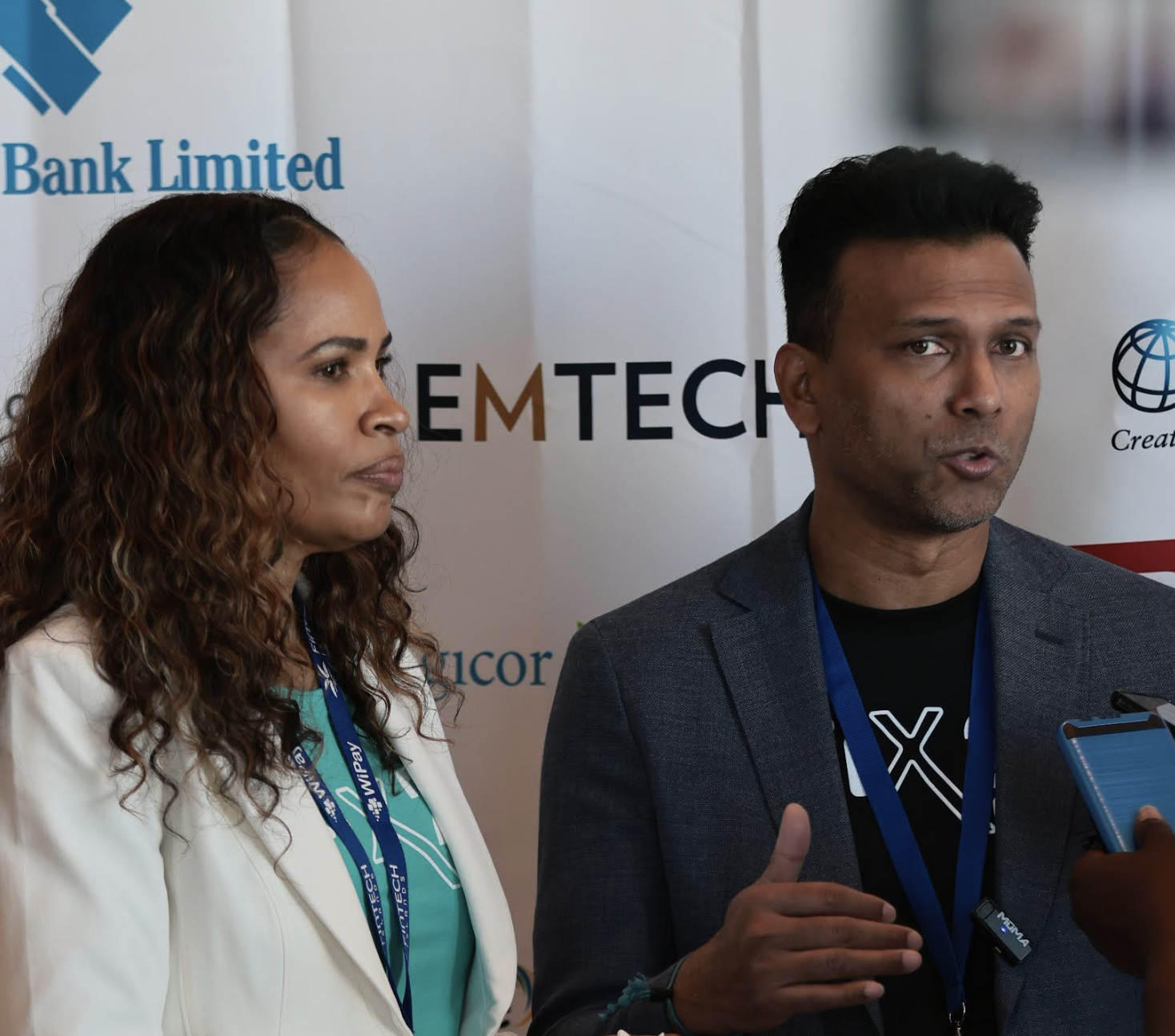DeFi and Blockchain in Agriculture Shine at Fintech Islands Experience 2025 (FiX25)

The second day of Fintech Islands Experience 2025 (FiX25) spotlighted several transformative trends reshaping the fintech landscape. Attendees delved into topics ranging from fintech’s role in emerging markets to the revolutionary potential of artificial intelligence, the rise of digital currencies, and innovative strategies to enhance financial resilience against disasters.
Unlocking Fintech Potential in Emerging Markets
A standout session featured Kwame Oppong, Head of Fintech and Innovation at the Bank of Ghana, who emphasized the necessity of collaboration between fintechs and traditional banks, to spur economic growth and create employment opportunities.
“Collaboration ultimately grows the pie,” Oppong asserted, highlighting how fintechs bring innovation and accessibility, while banks contribute decades of expertise in compliance, underwriting, and risk management. This synergistic model, he explained, holds the greatest promise for emerging markets by advancing financial inclusion, improving efficiency, and fostering shared prosperity.
Insight into DeFi and Web3
Matt Hamilton, Senior Developer Relations Engineer at The Arbitrum Foundation, a leading organization that enhances the efficiency of Ethereum, a major player in decentralized finance (DeFi), shared insights into the future of DeFi and Web3. His presentation outlined the dual promise and challenges of these technologies.
Hamilton, speaking on the topic ‘DeFi and Web3 Are Revolutionizing Finance: What You Need to Know’, highlighted DeFi’s potential to drive financial inclusion for billions globally who lack access to traditional banking, while smart contracts offer innovative, transparent, and secure solutions. However, he also noted that there are significant challenges, including regulatory uncertainty and the risk of exploits due to inadequately audited smart contracts.
Looking ahead, Hamilton predicted that as user interfaces improve and regulatory frameworks mature, DeFi could achieve mainstream adoption. He also highlighted emerging hybrid solutions that integrate traditional financial institutions with DeFi protocols, enhancing both accessibility and functionality.
Blockchain’s Efforts to Transform Agriculture
Jeremy Goh, Group Chairman & CEO of Foodstarter Philippines, introduced the groundbreaking applications of blockchain in agriculture to attendees. He discussed using non-fungible tokens (NFTs) to fund farmers and trace crop production, emphasizing blockchain’s capacity for supply chain transparency and fair revenue sharing.
“We worked with multiple blockchains to ensure that, in the future, partners and users can easily understand how to record data on blockchain technology. This data will be publicly accessible and traceable. Additionally, blockchain can be used for various purposes such as funding, liquidity, and marketing,” Goh stated.
Fellow panelist Pia Bramwell, Founder of Verified and True, shed light on the Jamaican agricultural sector, particularly the global demand for Jamaica Blue Mountain Coffee. She revealed staggering figures, which showed that the Blue Mountain Coffee counterfeit market generates more than US $200 million, compared to genuine coffee's US $70 million revenue. Bramwell explained that blockchain has the potential to authenticate genuine coffee beans, protecting the reputation and earnings of local producers.
Fintech’s Role in Disaster Financial Resilience
Meanwhile, in a panel discussion on fintech’s role in disaster recovery, Elizabeth Riley, Executive Director of the Caribbean Disaster Emergency Management Agency (CDEMA), explored how fintech solutions can empower affected communities.
“Integrating fintech solutions, post-disaster allows affected individuals to have choices instead of receiving goods they may not need. This empowers them, helping to restore a sense of control and contributing to their psychological recovery,” Riley explained. She also pointed out the importance of creating tailored fintech solutions, given the varying needs of multi-island jurisdictions and continental territories. She noted that infrastructure disparities between main islands and remote areas require nuanced approaches to ensure equitable and effective solutions.
Day 2 also covered such topics as ‘The AI Advantage in Banking to Drive Smarter Lending for the Caribbean Economy’; ‘Investing in Underrepresented Tech Founders: Finding Industry-Transforming Startups Beyond Silicon Valley’; and ‘Crypto Caribbean: Can Progressive Regulatory Frameworks Unlock a Virtual Assets Revolution in the Islands?’. FiX25, which has brought together hundreds of fintech enthusiasts, investors, regulators, and innovators, runs until January 24, 2025.


